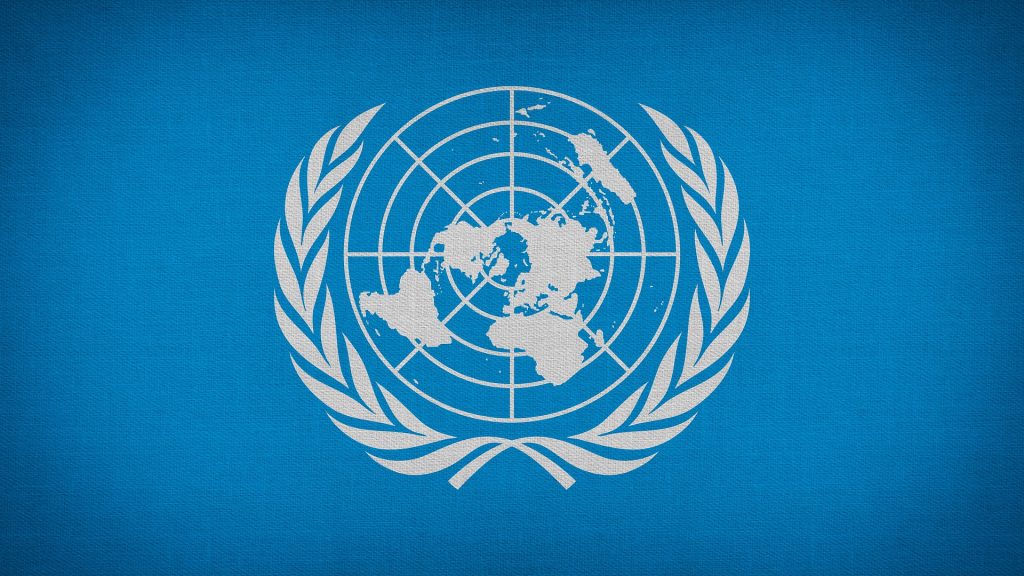
Als GPM-Mitglied liegt mir die Studie Projektportfolio Sustainability Monitor 2024 vor. Dabei wurde untersucht, inwieweit die UN Sustainability Development Goals im Projektportfolio deutscher Unternehmen beachtet werden.
Auf der Informationsseite der GPM dazu finden Sie weitere Hinweise zum Aufbau und zur Durchführung der Studie Die wichtigsten Ergebnisse zum Schwerpunkt Nachhaltigkeit im Projektportfolio werden auf der Seiten 51-52 wie folgt zusammengefasst: (ebd.)
(1) Nachhaltigkeitsziele werden zwar im Projektportfolio integriert, jedoch legen nur sehr wenige Unternehmen einen Schwerpunkt auf Projekte mit expliziten Nachhaltigkeitszielen.
(2) Nachhaltigkeit als Kriterium zur Genehmigung und Priorisierung von Projekten zeigt sich heterogen: ein Viertel bis ein Drittel sieht Nachhaltigkeit als entscheidend an, genauso viele jedoch nicht.
(3) Insbesondere bei F&E-/Neuproduktentwicklungsprojekten, Infrastrukturprojekten und Kunden/Auftragsprojekten sind Nachhaltigkeitsziele häufiger explizite Projektziele.
(4) Derzeit scheint besonders in den frühen Phasen der Projektentwicklung Nachhaltigkeit stärker berücksichtigt zu werden, während inaktive Projekte tendenziell weniger Fokus auf Nachhaltigkeit aufweisen. Möglicherweise sind Projekte mit Nachhaltigkeitsbezug vor allem in der jüngeren Vergangenheit initiiert worden. Allerdings wäre auch eine andere Interpretation möglich: Nachhaltigkeit kann aus dem Fokus geraten, wenn im Laufe der Projektumsetzung die klassischen Erfolgsmaßstäbe Zeit, Kosten und Leistungsumfang stärker ins Augenmerk der Projektleitung rücken. Gerade dann wäre jedoch ein Projektportfoliomanagement zielführend, wenn es die kontinuierliche Berücksichtigung aller definierten Kriterien – inklusive Nachhaltigkeit – einfordert.
(5) Die allgemeine Öffentlichkeit sowie die Kunden werden als die zentralen externen Stakeholdergruppen gesehen, die Nachhaltigkeit als Kriterium zur positiven Beurteilung von Projekten heranziehen. Unternehmensintern ist es vor allem die Unternehmensleitung, die das Kriterium Nachhaltigkeit heranzieht.
Es wird deutlich, dass das Thema Nachhaltigkeit in Zukunft noch stärker im Projektportfolio bei der Projektauswahl, der Projektdurchführung und dem Projektabschluss beachtet werden sollte. Siehe dazu auch
Einfache Logik für die Ermittlung einer Projektrangfolge durch Priorisierung.
Mit OktoPus zu mehr Nachhaltigkeit im Projektmanagement.
Was ist eigentlich unter Nachhaltigkeit zu verstehen?

Solche Zusammenhänge thematisieren wir auch in den von uns entwickelten Blended Learning Lehrgängen, Projektmanager/in (IHK) und Projektmanager/in Agil (IHK), die wir an verschiedenen Standorten anbieten. Weitere Informationen zu den Lehrgängen und zu Terminen finden Sie auf unserer Lernplattform.


